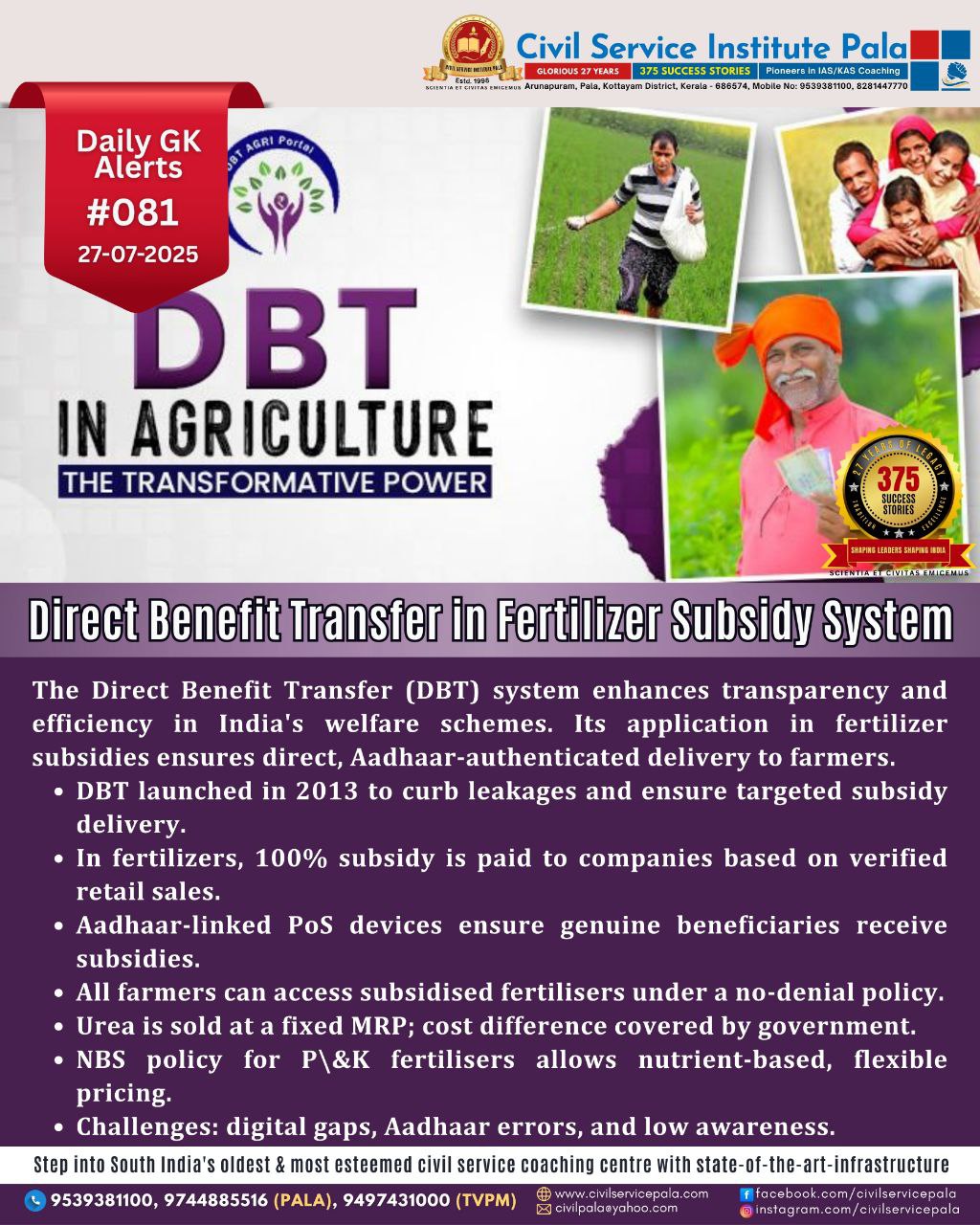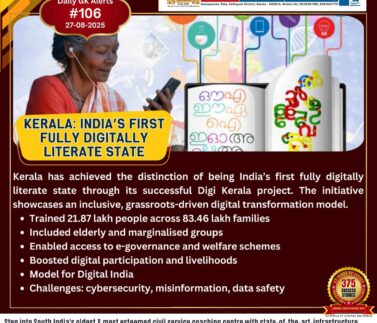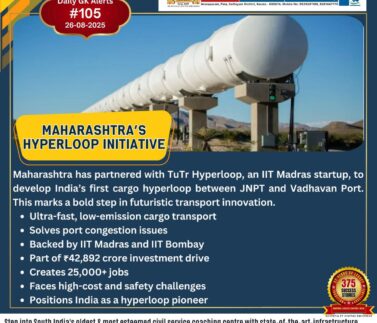
Direct Benefit Transfer in India’s Fertilizer Subsidy System
Direct Benefit Transfer in India’s Fertilizer Subsidy System: A Step Toward Transparent Welfare Delivery
The Direct Benefit Transfer (DBT) system, launched in 2013, has significantly transformed India’s subsidy distribution mechanism. Initially applied to schemes like LPG, pensions, and scholarships, DBT has now expanded to the fertilizer sector, ensuring direct, transparent, and efficient subsidy delivery to farmers.
DBT in Fertilizers: Mechanism and Benefits
In the fertilizer subsidy system, the government provides 100% subsidy to fertiliser companies based on actual sales authenticated via Aadhaar-linked Point of Sale (PoS) devices at retail outlets. This ensures that all farmers, irrespective of landholding size, get subsidised fertilisers under a no-denial policy. Urea is sold at a fixed Maximum Retail Price (₹242 for a 45kg bag in 2025), while the government covers the cost gap.
Financial Scope and Pricing Policy
Between 2022-23 and July 2025, the government released ₹6.76 lakh crore in subsidies, with indigenous urea forming the largest share. The declining trend in subsidy outlay—from ₹2.54 lakh crore in 2022-23 to ₹49,330 crore in 2025—suggests policy tightening and better targeting. Under the Nutrient Based Subsidy (NBS) scheme, P\&K fertilisers receive nutrient-specific subsidies, allowing some pricing flexibility for companies.
Challenges and Way Forward
Despite its benefits, DBT still faces hurdles like digital infrastructure gaps, Aadhaar authentication errors, exclusion of the unbanked, and limited awareness among rural beneficiaries. To ensure holistic success, the government must strengthen digital access, simplify authentication processes, and enhance last-mile service delivery.
Conclusion
DBT in fertilizer subsidies exemplifies India’s commitment to transparent and targeted welfare delivery. With continued reforms and infrastructure development, DBT can further empower farmers, reduce corruption, and streamline subsidy administration across sectors.



